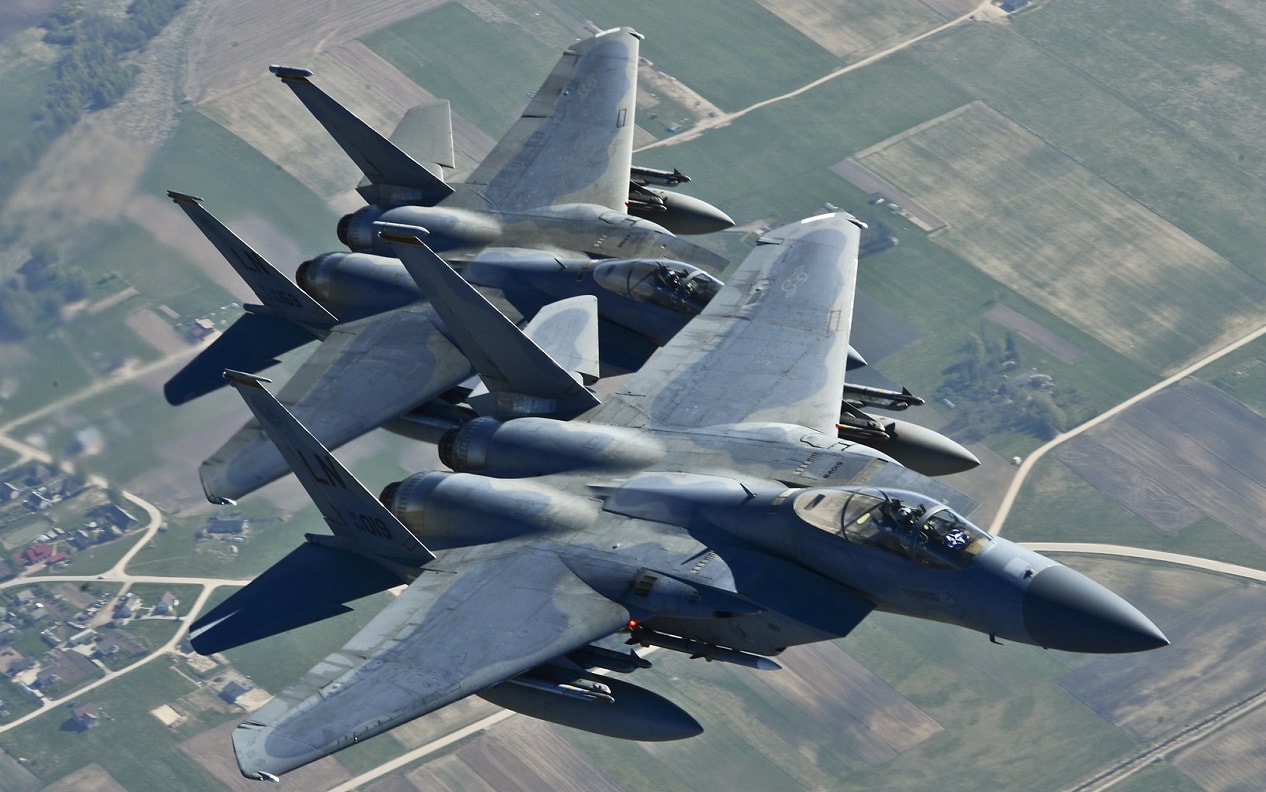On September 27, NATO members France and Greece announced a bilateral defense agreement that includes “an explicit and unequivocal military assistance clause […] in the case of a third party attack on one of the two states,” according to Greek Prime Minister Mitsotakis.
The agreement was quickly criticized by NATO. A week after the announcement, NATO Secretary General Jens Stoltenberg announced his opposition to “any efforts to try to do something outside the NATO framework or compete, or duplicate NATO.” This is because “NATO remains the cornerstone, the bedrock for European security. And also for North American security,” Stoltenberg added.
This is not the only bilateral or multilateral security effort between NATO members. Also at the end of September, Norway and Denmark signed a defense cooperation agreement with non-NATO member Sweden. Recently, the U.S. also signed a security and defense agreement with Greece and could reach further bilateral agreements in the near future. Additionally, a host of other multilateral security arrangements, like the European Intervention Initiative or the Nordic Defence Cooperation, exist in Europe independently of NATO.
The NATO secretary general is wrong. Such bilateral or multilateral agreements between NATO members, with the occasional inclusion of non-NATO member, do not weaken the alliance: they strengthen it.
Old School
At the core of NATO’s deterrent capability is the famous Article 5 of the North Atlantic Treaty, whereby an armed attack against one NATO member is considered an attack against all. Nevertheless, Article 5 does not specify the type of assistance the other members have to provide to the attacked party. Instead, each member is to undertake the actions “it deems necessary.”
Article 5 has only been invoked following the 9/11 attacks. Tellingly, although all NATO members contributed to the Afghanistan War, the level, duration, and impact of their contribution varied greatly. During some years, a number of NATO countries even contributed troops in the single digits showcasing the limitations of Article 5’s design.
NATO is currently a military alliance of 30 members — and could grow further. Expecting that each member will resolutely rush to the defense of an attacked partner is unrealistic, as the Afghanistan War demonstrated. Instead, a better predictor of contribution is the degree to which each member feels directly threatened by the attack: the bigger the perceived threat the stronger the contribution. A Russian conventional attack against one of the Baltic countries, for example, would be an existential threat to not only the attacked country but to its two Baltic neighbors too. In turn, Poland and Norway would be more threatened by such an attack than fellow NATO members Portugal or Italy.
If the time comes to invoke Article 5 again, the defense guarantees that NATO membership confers will not be enough to overcome realist calculations based on threat perception.
However, security agreements at the bilateral and multilateral level have the potential to address this problem.
Neighborhood Watch
Security and defense agreements are the results of convergent interests and common threat perceptions: Although not explicitly pointing fingers, the French-Greek alliance is mainly aimed at deterring Turkey; NORDEFCO and the Scandinavian cooperation agreement look at Russia.
Further, the parties to such agreements, especially to agreements containing mutual-defense clauses, are either neighbors or can all project power at the region (eastern Mediterranean, Scandinavia, the North Sea) in which their assessed threat operates. As a result, the military aspect of such agreements focuses de facto on specific regions.
This de facto regional specificity adds an extra layer to NATO’s deterrent capability. It signals to potential threats that aggressive actions will not only be met by the general umbrella of NATO’s Article 5, but also by the more reliable commitment that a focused alliance or a grouping of fewer members creates. This increases the security of the individual NATO members.
However, there is more to such agreements that just signaling.
Step Brothers
By deepening security ties, security and defense agreements and structures facilitate an increase in the frequency of military exercises and joint training between their members. Importantly, such training is theater- and region-tailored, thus further enhancing the members’ deterrent capabilities and relevant interoperability. Often, outside NATO countries join in the exercises.
Further, as these efforts create cooperation and not command structures, they do not “compete” organizationally with NATO, as Secretary-General Stoltenberg worries. As NORDEFCO’s Vision 2025 document says “[NORDEFCO] supplements and adds to the value of wider cooperation in international fora such as the UN, NATO, and the EU.” This is true for all of these agreements.
Referring to NATO, French President Macron said at the announcement of the French-Greek agreement, “This isn’t an alternative to the United States alliance. It is not a substitution, but to take [sic] responsibility of the European pillar within NATO and draw the conclusions that we are asked to take of our own protection.”
Secretary-General Stoltenberg should realize that stronger pillars create a more durable construction.
Constantine Atlamazoglou works on transatlantic and European security. He holds a master’s degree on security studies and European affairs from the Fletcher School of Law and Diplomacy.

